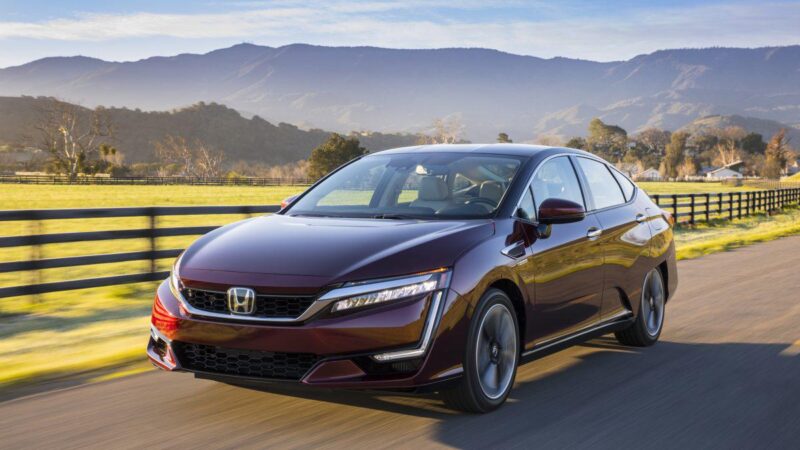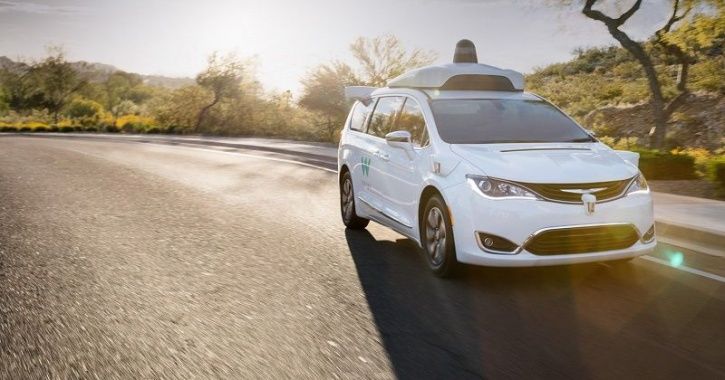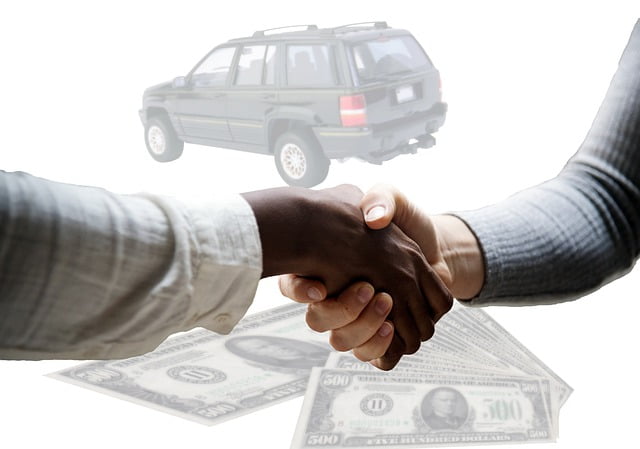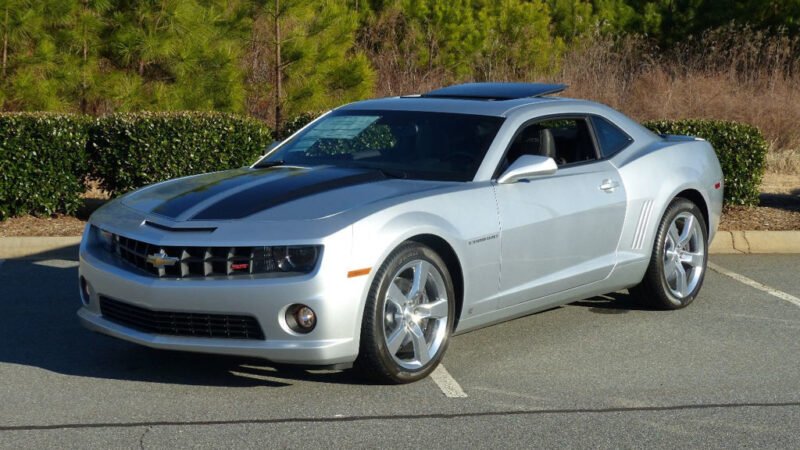How Can Digitisation In The Automotive Industry Help Dealerships?

The automobile sector has modified its strategy and is currently embracing digitisation. There are undoubtedly still a lot of bottlenecks that need to be addressed. Consumers have already converted to an online approach on the B2C front, but the B2B side of the automotive sector still needs to reach exceptionally high levels of digitisation. Many seasoned car OEMs continue to use the same conventional strategy, selling most vehicles through franchise dealerships. The dealers are also restricted to exclusively selling the automobiles through such shops. The demand for dealers to elevate themselves further on the digital front is rather extraordinary.
To increase staff productivity and provide consumers with improved services, original equipment manufacturers and dealers must modernise their business practices. They can also use digital tools to swift through online searches and queries like ‘sell my car instant quote‘ etc. Here are some benefits of doing the same:
Low Operational Costs: In the past, auto dealers used manual deal management procedures to control their inventory and supply chain. And now, with cutting-edge technology, the operations must be swift and enhanced. The transition to digitisation can assist dealers in lowering operational expenses, which has led to increasing customer satisfaction levels and boosting customer retention rates.
High Rate Of Profit: The dealers should gain from digitisation by offering excellent client experiences and implementing improved business procedures, allowing them to concentrate on providing excellent customer service. Being able to offer instant quotes for used cars is an example of such digitisation. With the help of vehicle evaluation software, dealerships can now quote the best price for second-hand cars and earn a good profit margin in the long run. It will result from increased productivity, improved profit margins, and bottom-line margins.
Enhance Sales Prospects: Another benefit of digitalisation in the car sector is that it is easier to implement cutting-edge technology. These technologies offer better performance, a longer product lifespan, reduced costs, and environmental friendliness. By using new technology, dealers may lower their operating costs, which boosts sales. Utilising contemporary technology allows dealers to continue to be profitable, thus ensuring that the market competitiveness is kept under control.
Monitor Sales And Conversions: Data is possibly the most crucial component of digital marketing. As previously indicated, dealerships may more effectively target audiences and boost their return on investment by using the data acquired on leads. Dealerships may track their leads and conversion rates using this data. For instance, they can advertise more aggressively to people who search ‘sell my car instant quote’ instead of those who are only interested in comparing selling prices.
To get the most remarkable results, dealerships may quickly modify their digital marketing strategy by being able to identify which initiatives are the most successful. Because digital marketing tactics change, dealerships must monitor their outcomes and make necessary adjustments, and this is simply because of how internet marketing operates.
Boosts Customer Retention: Auto dealerships may quickly increase the quality of their client relationships and levels of customer retention by implementing automated technologies that incorporate touch screens and bar codes. Besides, saving dealers’ costs is another benefit of digitisation in the automotive industry. At different levels, the dealers may cut their spending, earn more significant returns on their investments, and even lower operational expenses, which lowers costs overall.
Conclusion: Dealerships should avoid limiting their digital transformation to remote business sectors like distribution, production, or customer-facing activities while the automobile industry is going through some exciting times. The need of the hour is for dealers to upgrade their digital presence and advertise on a relevant platform. They must make digital transformation an essential part of the car industry’s operations.





